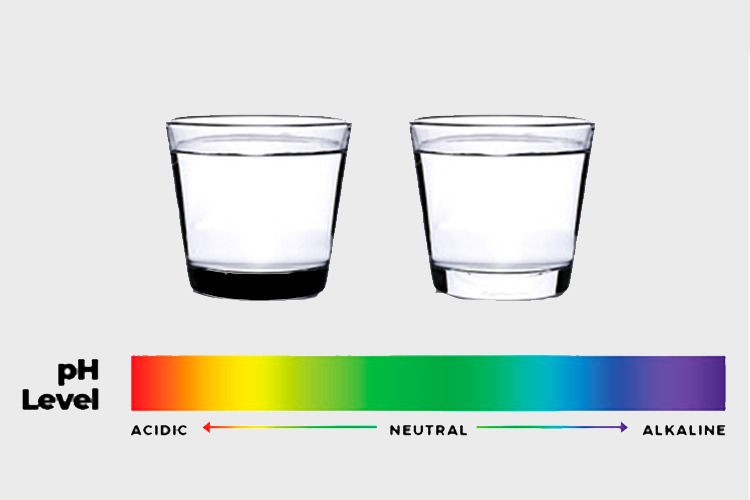The use of an alkaline filter system to suit our daily drinking water requirement is gradually gaining traction. As avid viewers of this blog know, mineral water consumption has increased in the previous decade, but this has social and environmental ramifications.
Consequently, most of us are considering different solutions, such as a countertop water filtration system that produces cleaner potable water straight from our home supplies. As a result of this event, alkaline filter cartridges are becoming more common in many homes. But what exactly is alkaline water? What distinguishes it from "ordinary" water?
Higher ph levels
The most crucial feature of an alkaline filtration system is that it elevates the pH of water, making it significantly more alkaline. This aids the body in neutralizing the acidic effects of the foods we eat. While our stomachs have an acidic pH, drinking alkaline water generates hydrochloric acid, balanced by the bicarbonates produced.
Toxic contaminants in tap water are removed
In addition to removing unwanted pollutants from your tap water, an alkaline water filter has substantial health benefits. Water supply may include a range of dangerous chemicals that are dangerous to drink regularly, depending on where you live. Chlorine, phosphorus, lead, and copper are just a few examples.
The harmful effects of bleaching on people's well-being have been well-documented. Even though arsenic levels in your water from the tap must adhere to rigorous restrictions, there are still disadvantages. The World Health Organization discovered that those exposed to toxins in their drinking water had a greater risk of cancer in a study on waterborne diseases.
Another vital pollutant detected in tap water is lead. Homes built before the mid-1960s may have old pipes conveying the mains supply. This could leak out of the lines, contaminating the waterways.
These toxins are removed by alkaline filtration, resulting in the purest, safest drinkable water possible.
Water that is high in antioxidants
One of the lesser-known advantages of an alkaline supply is its ability to produce antioxidant fluids. This is because of the relationship between pH and ORP: water with a higher pH includes more corrosion inhibitors, while water with a lower pH includes additional oxidizing' agents.
Water produced by an alkaline filtering system has an mV ranging from -200 to -400, suggesting that it includes more superoxide anion than hydroxyl radicals. The result is a refreshing and energizing antioxidant beverage.
Acid reflux is treated
We've all had digestive problems at a particular stage in life, known as vomiting or heartburn. Heartburn affects more than 40% of adults at least yearly. While most individuals don't believe this stuff, this can have significant consequences for the digestive system.
The stinging discomfort in your chest is caused by acid reflux pouring into your mouth. Alkaline water has been demonstrated to be an effective treatment for this common condition. According to research, alkaline water suppressed human proteolytic enzymes due to its alkali capability.
Increased hydration
Among the most medically proven benefits of an alkaline water purifier is its capacity to improve the body's h+ ions mitigating capabilities after a high-intensity workout. When we exercise at a high intensity, our bodies produce more h+ ions than they could ever absorb, resulting in tiredness and lactate development.
Further research shows that alkaline water improves acid-base equilibrium and absorption compared to 'non-mineralized placebo' mineral water. According to these studies, alkaline filtration systems provide much better health benefits in terms of success in achieving than essential, non-alkaline potable water.
Notwithstanding the thought and discussion over the benefits of alkaline water filters, the data reveals that they provide a better quality of work than sparkling water and other simple water purification tablets.
However, in parallel to the medically beneficial properties of alkaline water, there are also plenty of other advantages, such as mineralization and the removal of pollutants and impurities, that demonstrate the value of an alkaline filtration process.
Alkaline Water vs. Regular Tap Water


